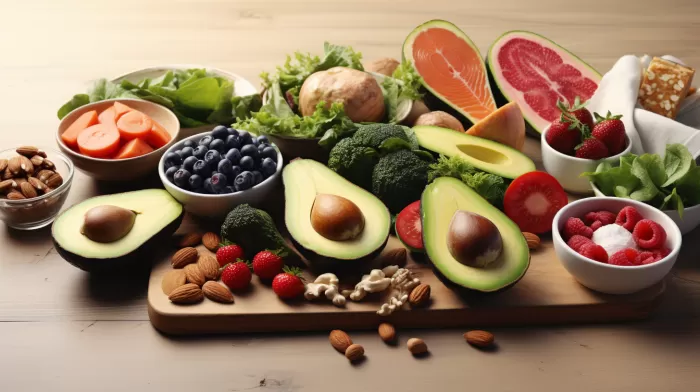Jim, a former patient of mine, came to me years ago seeking holistic advice on heart health. His doctors recommended statin drugs to control his cholesterol, even though he’d never had a heart attack. Jim decided to follow his doctors’ advice, and a few months into the drug regimen, he developed severe muscle pain, progressive weakness in his legs, and night spasms that left him unable to hike or take long walks.
Unfortunately, Jim’s experience is not uncommon – it’s a well-documented side effect of statin drugs. These drugs can also cause severe and sometimes irreversible damage to mitochondria, the tiny engines in our cells that produce energy. There have even been reports of patients developing temporary amnesia or progressive memory loss and confusion as a result of taking statins.
The Risks of Statins
Statins work by blocking HMG Coenzyme-a reductase, an enzyme needed to produce cholesterol. But in blocking this enzyme, statins also interfere with the production of critical nutrients such as co-Q10, leading to damaged cellular mitochondria. Symptoms of this damage include muscle pain, weakness, liver problems, metabolic issues, memory impairment, and neurological disease. In fact, people on statins have a significant increase in their chances of developing type 2 diabetes.
Heart-Wrenching Statistics
According to the American Heart Association, more than 2,100 Americans die each day from a heart-related condition. Survivors face their own hurdles with lingering conditions like angina and congestive heart failure. We should be doing everything possible to care for our hearts – but we’re not.
The Real Culprit
The heart disease real risks come from chronic inflammation, which oxidizes cholesterol, produces damaging free radicals, and fuels uncontrollable scarring that causes tissues and organs to harden and lose their function. Large-scale studies now show that people with high levels of C-reactive protein, and especially with high levels of galectin-3 (both are blood markers of inflammation), have a much higher risk of heart disease.
Controlling Inflammation
Diet plays a fundamental role in both causing and healing numerous diseases, most of which are related to inflammation. In the case of cardiovascular disease, dietary recommendations should be the first line of treatment.
A nutrient-dense whole-food diet, emphasizing lean proteins, healthy raw fats such as olive oil, coconut oil, avocado, raw nuts, and seeds, plus lots of vegetables and fruits, can protect the heart and help the body ward off cancer, metabolic syndrome, and chronic inflammation.
Exercise
Physical activity is another great way to prevent cardiovascular disease. Exercise is a great stress-reliever, promotes healthy circulation, controls inflammation, stabilizes blood pressure, boosts metabolism, balances blood sugar, and contributes to mental well-being.
Walking, yoga, tai chi, and qi gong are examples of “moving meditations” that calm the mind, tone the body, and reduce cortisol.
Supplements for Heart Health
Several supplements can benefit heart health. These work to support circulation, healthy blood pressure, and help reduce inflammation.
- Nattokinase – the powerful enzyme found in a popular Japanese soy food called Natto. It thins the blood, clears arterial blockages, improves circulation, and reduces inflammation.
- Hawthorn berry – used to improve circulation and treat angina, arrhythmias, and congestive heart failure.
- L-carnitine – an amino acid with numerous cardioprotective effects that also support efficient metabolism.
A comprehensive circulation formula including these ingredients can support healthy blood pressure, circulation, and overall cardiovascular health.
Modified Citrus Pectin for Heart Health
Modified Citrus Pectin (MCP) is derived from fruit peels and has shown incredible potential for controlling inflammation. Research indicates that galectin-3, a protein, plays a significant role in inflammation and subsequent fibrosis (scar tissue buildup). In 2011, the FDA approved the galectin-3 blood test to screen for cardiovascular disease. MCP can bind galectin-3 and block its harmful effects, leading to reduced arterial hardening.
Conclusion
Cardiovascular disease is prevalent in the United States, and many people have accepted it as an inevitable part of aging. While some may have a family history of heart disease, it’s mostly preventable with the right lifestyle adjustments. Making changes to our diet, getting regular exercise, and considering supplements to support heart health may help reduce the need for medications like statins and their potential side effects.



